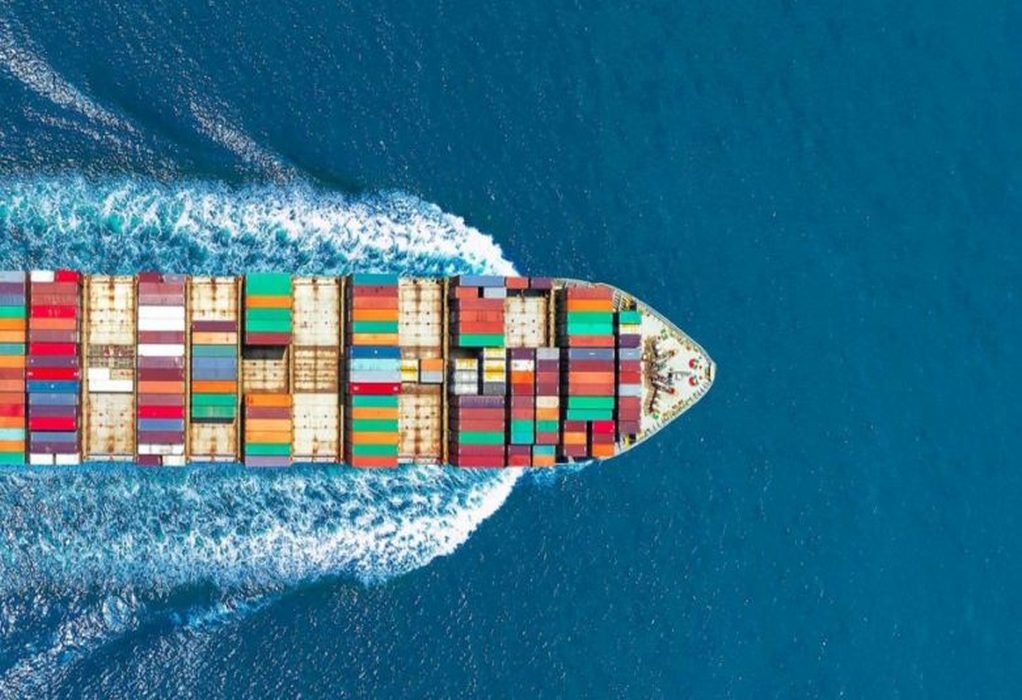A lot of alternative fuels are currently being tested in this sector, from LNG (liquefied natural gas) to biofuel and hydrogen. Out of these, green hydrogen and ammonia have the biggest potential, according to a recent report. Together with University Maritime Advisory Services, Ocean Conservancy launched a paper called “Future Maritime Fuels in the USA – the options and their potential pathways.”
Considering the entire lifecycle of emissions, the green hydrogen, and the green ammonia were found to be “the only scalable fuels that can achieve the emission reduction targets set forth in the Paris Agreement.” Grey, blue, or brown hydrogen continues to emit CO2 because it’s mixed with fossil fuels. In addition to the CO2 emissions, the production process of grey or blue hydrogen leaks methane, which is an even more harmful greenhouse gas.
According to the report, instead of focusing on carbon capture technologies that cannot completely eliminate greenhouse gas, which is also very expensive, the U.S. government should support green hydrogen production. The good news is that the U.S. has the technical expertise and the potential infrastructure that could support this transition to green fuels on the east and west coast shipping routes.
The report’s lead author Joe Taylor states that the U.S. has the potential to become a leader in this transition, and the way to get there is by promoting green hydrogen production and expanding the country’s renewable energy capacity.
Source: https://www.autoevolution.com/
Tags: Ammonia, Green Hydrogen, Maritime Shipping, Shipping, Zero Emission



Recent Posts
PSA International joins Global Centre For Maritime Decarbonisation as a strategic partner
MPA and NYK Group Advance Collaborative Efforts on Maritime Autonomous Surface Ship Trials
BIMCO drafts new clause to support biofuel use in time charters
Global Maritime experts attended India@Nor-Shipping – Maritime Partnership for a shared & sustainable future
India-Norway Dialogue Anchors on Sustainable Maritime Development
Sea cruise ships can now connect to shore power in Amsterdam
Corvus Energy partners with HD Hyundai Mipo for AiP on new green product tanker design.
KR and HD Hyundai Heavy Industries Team Up to Develop a Very Large Ethane Carrier